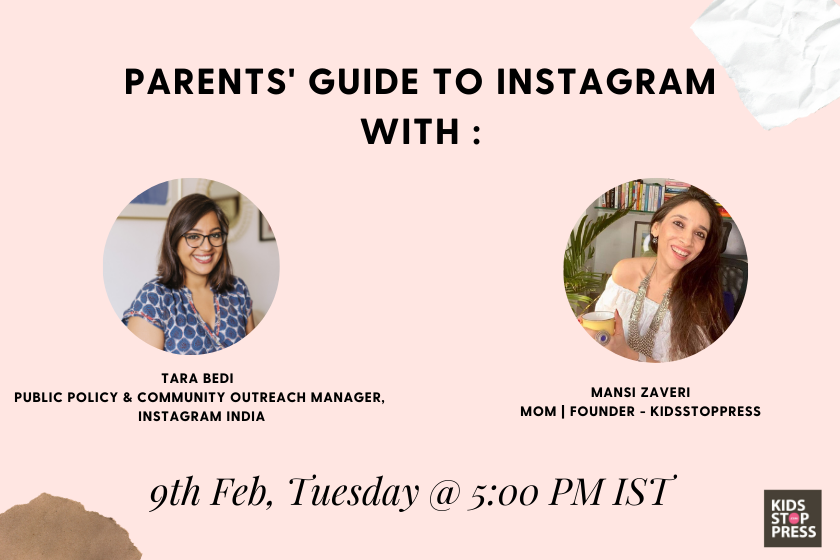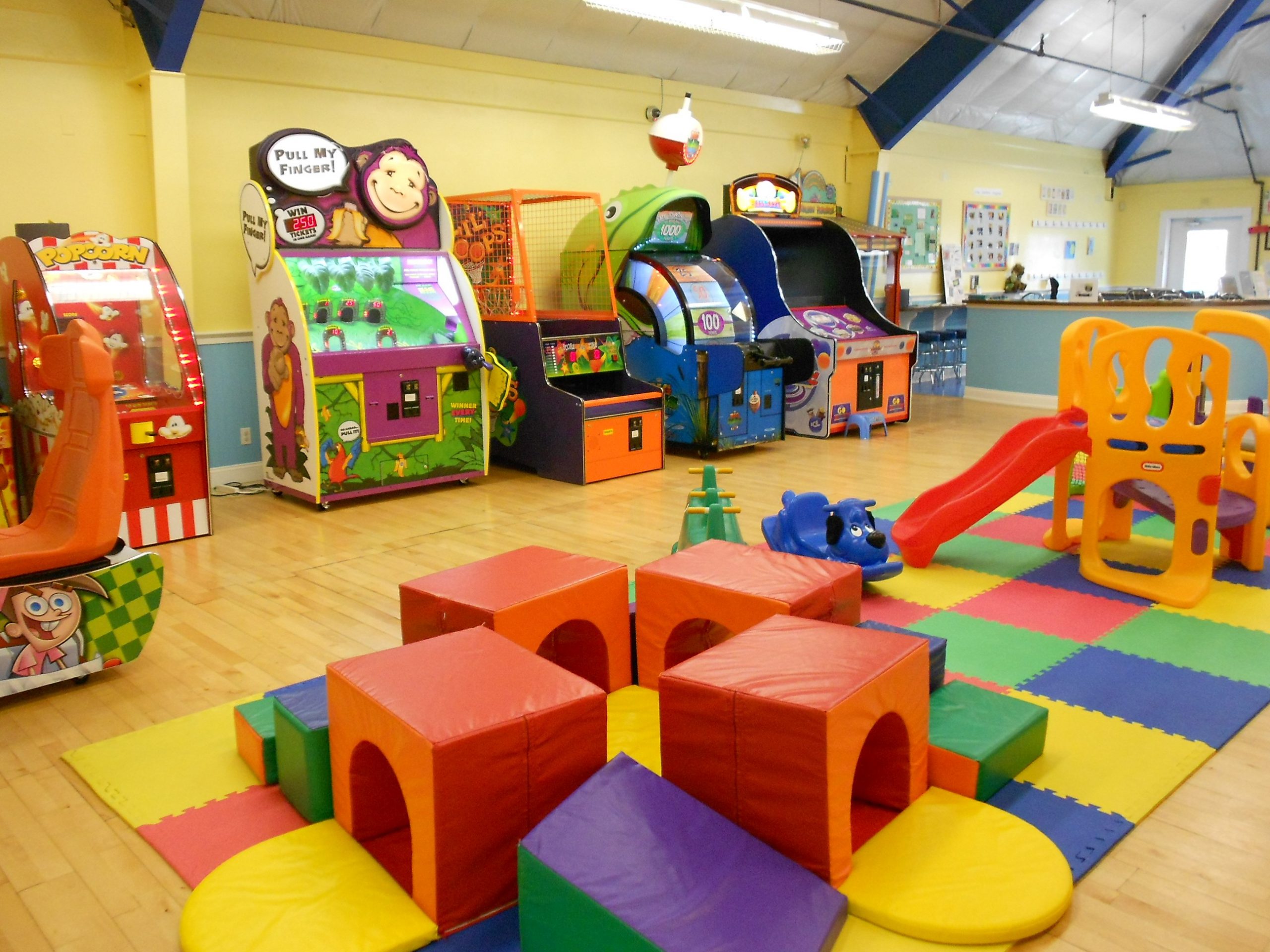When the discussion surrounding second languages and how they need to be introduced to the child cropped up, it left some of us wondering. A multilingual society is what we, in India, always grew up in. And we raised our kids to be much smarter that way, without actually knowing it! Studies from the University of Washington show how a  fascinating experiment was conducted with babies to prove how being exposed to a second language helps their brain develop better skills!
Babies from English-cum-Spanish speaking backgrounds were tested alongside babies with only English speaking background and found to have better activity in the prefrontal cortex and orbitofrontal cortex — the regions of the brain responsible for executive functions, like decision-making and problem-solving. Researchers were amazed at how the languages show an effect of increased activity in the brain of a baby who was yet to say its first words!
I remember as a mom, how I was advised against introducing more than one language to my baby who was a few months late in achieving her milestone when it came to speaking. I used to repeat instructions in English, Hindi and Tamil (the mother tongue) to familiarise my daughter. The few months delay in check-marking the milestone didn’t deter me from my pursuit. And now, when I see her proficiency in three languages, it tells me that I was right! She gets her dose of Hindi and English from the school friends and at home, we converse in Tamil and English.
You may also like: Raising Multilingual Kids
 Here is an interesting video that shares the benefits of a bilingual brain and how the additional language helps strengthen the brain.
Advantages Of Raising Multilingual Kids:
Research suggests that bi/multi – lingual children are
- Able to learn new words easily
- More flexible in their thinking as a result of processing information through two different languages
- Playing rhyming games with words like “cat” and “hat”
- Breaking down words by sounds, such as C-A-T for cat
- Being able to use information in new ways
- Putting words into categories
- Coming up with solutions to problems
- Good listeners
- Able to connect easily with others

Image source: voxy.com
What Parents Can Do
- Introduce your kids to multilingual books at a younger age. That way they will be comfortable with the languages right from the start. Check our list of books for kids in Hindi here
- Music is a great way to learn a language so get bilingual CD’s or songs in a language you want to teach your kids. Check out the top music schools in your city and make sure you enrol your kids at a young age.
- Video streaming sites for kids are filled with videos in all languages. From lullabies to rhymes, one has access to videos in all languages. Alternate between English and the mother tongue to help your child familiarise with the languages. Check out our list of best video streaming sites for kids.


















